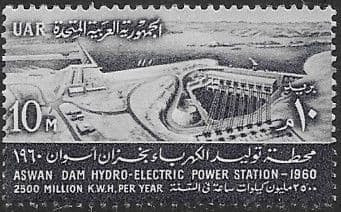The latest issue of the Journal of the History of International Law / Revue d'histoire du droit international has an article by Fekade Abebe, "Exclusion vs Cooperation in the Utilisation of Transboundary Watercourses: The Case for Decolonising the Nile Water Agreements". The abstract:
The relationship between Egypt and Ethiopia was marked with tension for centuries due to the utilisation of the Nile river. Recently, it took a turn for the worst after Ethiopia announced it is building the Grand Ethiopian Renaissance Dam (GERD) on the Nile river. This article argues that one important explanation for the deep-seated disagreements between Egypt and Ethiopia is the history of the legal instruments frequently invoked which were set up to safeguard the colonial interest of Britain over Egypt and the entire upper Nile region. Britain’s use of these legal instruments to advance its colonial domination of the region, with disregard to the interests of native communities, had left a legacy of exclusive utilisation over the river which haunts the current legal discourse. The article argues that the Nile basin countries need to acknowledge this colonial legacy in the legal discourse and need to move towards cooperation.

No comments:
Post a Comment